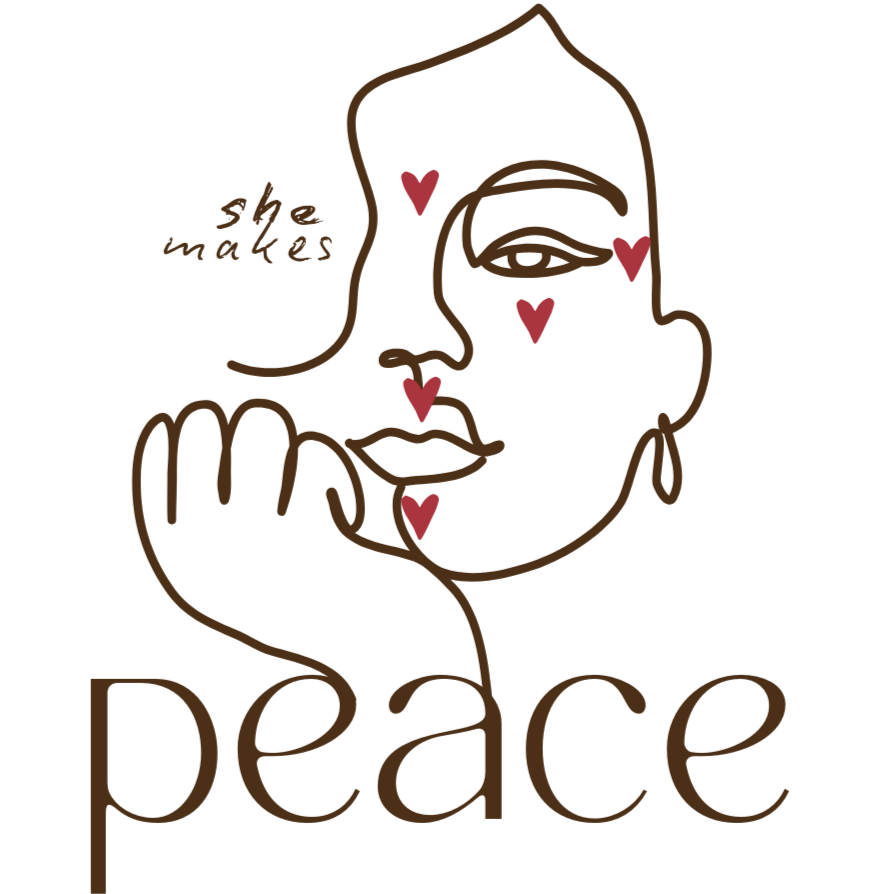Releasing Empathic Anxiety: 4 Simple Strategies
Your anxiety might have less to do with your past than you think.
Releasing past trauma and childhood programming is important when it comes to healing fear-based feelings, but there is a common source of anxiety that stems from our present that most people ignore.
I didn’t know about Empathic Anxiety until five years into my private practice. I was working with a confident, high-achieving executive who struggled with social anxiety. She wasn't insecure around her upbeat positive boss, or even the domineering boisterous CEO. She only felt anxious around certain colleagues. What got my attention is that she felt better as soon as she got some physical distance from them.
“I don't get why I still feel anxious around certain people.” Keyword: Certain people.
Empathic anxiety is when we are feeling someone else's feelings (often unconsciously) and internalizing them as our own:
Feeling content, until our boyfriend walks in from a stressful workday.
Feeling fine, until our kid comes home from an upsetting day at school.
Feeling calm before a date, but feeling anxious as soon as we sit at the table.
Empaths can feel the feelings of others, often internalizing them to the point that they can’t distinguish their own emotions from someone else’s emotion.
Turns out that all humans feel an emotional toll based on the people closest to them, literally. An eye-opening study proved that people are 30% more likely to feel unhappy if their neighbor feels unhappy. They are 10% more likely to feel unhappy if ANYONE within a mile radius of their home feels unhappy. Gulp.
I'm writing this in the middle of a COVID 19 quarantine. My neighbors, your neighbors, are feeling more lonely, unstable, and anxious. Whether you're an empath or not, give yourself grace for feeling an emotional toll right now.
Then, practice four strategies to stop internalizing other people’s feelings.
Release Empathic Anxiety in 4 Steps:
1. Identify the purpose: What is the point of feeling other people’s feelings? That’s up to you. To be bogged down? To grow in empathy? To send a prayer? Make a decision about what role empathy will play in your life. If you want a meditation around this for the next four Saturdays, join our $5 monthly meditation membership on Patreon.
2. Create mental separation: How can you separate from their feelings and reconnect to your center? Create mental separation by reminding yourself: That is their stuff, not my stuff! Their emotions, not mine. Their fears, not mine. Their reality, not mine. My favorite exercise comes from The Empath’s Survival Guide, which I talked about on my IGTV video today on Instagram @jackieviramontez
3. Give yourself permission: Do you feel guilty feeling happy when someone else is upset? Give yourself permission to feel OK, even when they’re not. Make this your mantra: Even when they don’t feel OK, I’m allowed to feel happy. If you have feelings of guilt arise about that, do some tapping, prayer or breathwork.
4. Visualization: How big is your emotional border? This sounds esoteric but many times we shrink and become small around stressed people. Instead, visualize yourself taking up more space. Literally picture a circle around yourself, expanding with every exhale.
Carrying the weight of someone else’s emotions is not caring. The most caring thing you can do is to cultivate peace within, so it can ripple out to someone else.
The good news? The same statistics are true for positive feelings like joy and peace. When you feel peaceful and calm, the people near you feel 30% more peaceful. The most helpful thing you can do for someone is to honor their feelings but to cultivate your own peace.
For more resources or to dive deeper, explore my workshops and self study courses here.
Practice makes peace,
Jackie Viramontez

